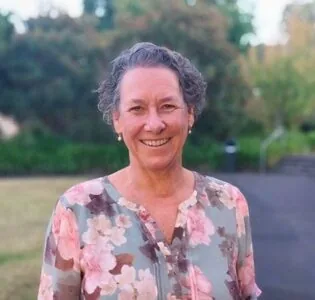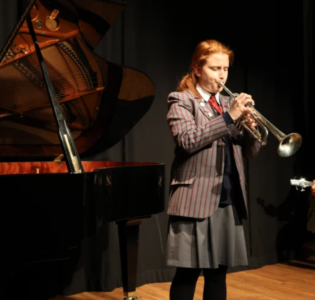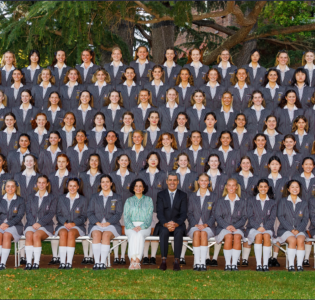The Science of Learning
13 May 2019
Not long after Alli Lehmann joined Genazzano FCJ College in 2017, she volunteered to be part of a pilot project at the school. Organised as a part of the Genazzano institute of Learning adn Brain Sciences, the professional development program explored the fascinating world of neuroscience.
In particular, the Science of Learning program looks at how neuroscience underpins learning and can be used by teachers to boost student learning and engagement. The program, developed by neuroscientist and educator Dr Jared Cooney Horvath, consists of five modules supported by a series of information sessions and “micro-projects”.
Since last year, it has been rolled out to all Genazzano teachers and has been supported by the College’s engagement with the University of Melbourne’s Science of Learning Schools Partnership initiative.
As a VCE psychology teacher, Lehmann already recognised the versatility of neuroscience. She says teachers across diverse subject areas feel the program has been beneficial to themselves and their students.
“There are a lot of experienced teachers at Genazzano who have a wealth of knowledge. The Science of Learning program injects some new research into their teaching practice,” Lehmann says. “The whole premise of the program is that teachers are the experts in the classroom, but it provides us with another lens for viewing our teaching practice and for understanding why certain strategies, activities or ways of structuring our lessons are more effective than others. It gives us an underpinning of why certain things work by explaining what goes on in the adolescent brain.”
Lehmann says the micro-projects completed during each module have been particularly helpful. Projects are based on the program’s Psychology Education Neuroscience (PEN) Principles. Her first project explored the “multi-tasking impairs memory and learning” principle.
“I noticed a lot of girls in my class used their laptops to take notes as I presented, but with that comes the email or Messenger alerts. I wanted to see what happened if we went back to the basics of pen and paper,” Lehmann says.
“The girls had already identified that sometimes they struggled to stay on track when they used their laptops for note-taking in class and without them I found the girls were more engaged in class time, they had a better understanding of the knowledge and they felt more on task.”
Lehmann’s second micro-project centred on the “embrace error to improve learning” principle. She has developed structures around how students receive feedback on exams and assignments to ensure they know what they need to do to use that feedback. “The process encourages the students to identify what happens next with their own learning. It’s encouraging them to really engage with the feedback,” she says. “It helps them look at areas for growth and recognises what they are doing well. The girls have said they feel calmer about receiving feedback and they now have a positive relationship with it, rather than seeing feedback as negative.”
Findings from micro-projects are shared and discussed by teaching staff so they can cherry pick strategies and techniques that work well and introduce them into their own teaching practice. Lehmann says the program is building consistency which benefits students across all year levels and subjects. Genazzano also promotes education on the brain and learning for the wider community, hosting a series of seminars and conferences to share insights and latest research.
The program is already delivering positive results at the school, too.
“The research has demonstrated that increased confidence and engagement both have a positive impact on academic performance, and this is reflected in the girls’ VCE results,” she says.
“I came to Genazzano to teach because the school is a learning community that values staff learning and development whilst promoting the education of students and the wider community. I never want to stop growing, developing and learning and that is what Genazzano is all about.”
Article written by Sarah Marinos and originally posted in Domain Review, 8-14 May 2019




